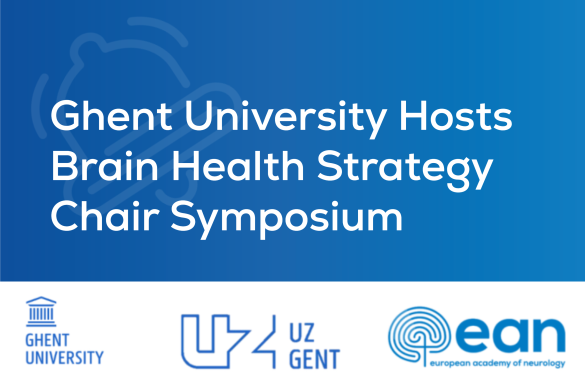by Isabella Colonna
For June we have selected the following two papers, which report the results of two randomised, double-blind, placebo-controlled, phase III trials investigating two potential therapies for generalised Myasthenia Gravis (MG):
- Bril V, Drużdż A, Grosskreutz J, Habib AA, Mantegazza R, Sacconi S, Utsugisawa K, Vissing J, Vu T, Boehnlein M, Bozorg A, Gayfieva M, Greve B, Woltering F, Kaminski HJ; MG0003 study team. Safety and efficacy of rozanolixizumab in patients with generalised myasthenia gravis (MycarinG): a randomised, double-blind, placebo-controlled, adaptive phase 3 study. Lancet Neurol. 2023 May;22(5):383-394. doi: 10.1016/S1474-4422(23)00077-7. PMID: 37059507.
- Howard JF Jr, Bresch S, Genge A, Hewamadduma C, Hinton J, Hussain Y, Juntas-Morales R, Kaminski HJ, Maniaol A, Mantegazza R, Masuda M, Sivakumar K, Śmiłowski M, Utsugisawa K, Vu T, Weiss MD, Zajda M, Boroojerdi B, Brock M, de la Borderie G, Duda PW, Lowcock R, Vanderkelen M, Leite MI; RAISE Study Team. Safety and efficacy of zilucoplan in patients with generalised myasthenia gravis (RAISE): a randomised, double-blind, placebo-controlled, phase 3 study. Lancet Neurol. 2023 May;22(5):395-406. doi: 10.1016/S1474-4422(23)00080-7. PMID: 37059508.
In the first work, Bril et al. investigated the efficacy and safety of rozanolixizumab, a humanised IgG4 monoclonal antibody able to reduce IgG concentrations (including pathogenic IgG autoantibodies) by targeting the IgG binding region of the neonatal Fc receptor. After screening for eligibility, 200 patients affected by autoantibodies positive (anti-AchR: n=179; anti-MUSK:n= 21) generalised MG were randomised to receive a placebo (n=67) or rozanolixizumab at a dose of 7 mg/kg (n=66) or 10 mg/kg (n=67) once a week as a subcutaneous infusion for 6 weeks. This treatment period was followed by 8 weeks of observation. At day 43, patients in the roxanolixizumab groups showed, greater clinical improvement compared to individuals receiving placebo, as assessed by the following scores: MG-Activities of Daily Living, MG Composite, Quantitative MG and MG Symptoms Patient-Reported Outcome score (assessing muscle weakness fatigability, physical fatigue, bulbar muscle weakness). Treatment-emergent adverse events (TEAE) were more frequent in patients receiving roxanolixizumab than placebo, while no statistically significant difference was found between both interventional groups. Headache was the most frequent TEAE, but the incidence of serious TEAEs was low and did not differ between groups.
In the second study, Howard et al. investigated the efficacy, safety and tolerability of zilucoplan, a subcutaneous, self-administered small macrocyclic peptide complement C5 inhibitor, in patients with AchR-positive generalised MG. After screening for eligibility, patients were randomised to receive zilucoplan at a dose of 0.3 mg/kg (n=86) or placebo (n=88) daily over 12 weeks. At week 12, patients in the interventional groups showed greater improvement than individuals receiving a placebo in the MG-Activities of Daily Living MG Composite, Quantitative MG as well as MG- Quality of Life 15-item revised scores. TEAEs were more frequent in the interventional (77%) than in the placebo (70%) group; however, there was no difference in the incidence of serious TEAEs between groups. The most frequent TEAE in the zilucoplan group was injection-site bruising (16%), followed by headache (15%), diarrhea (10%) and worsening of MG (10%).
In conclusion, the results of these trials suggest two new potential drugs that have proven effective in the treatment of autoantibody-positive generalised MG. Although using two different mechanisms of action, the treatment with these two drugs was associated with rapid and clinically relevant improvements and with favorable safety profiles.












